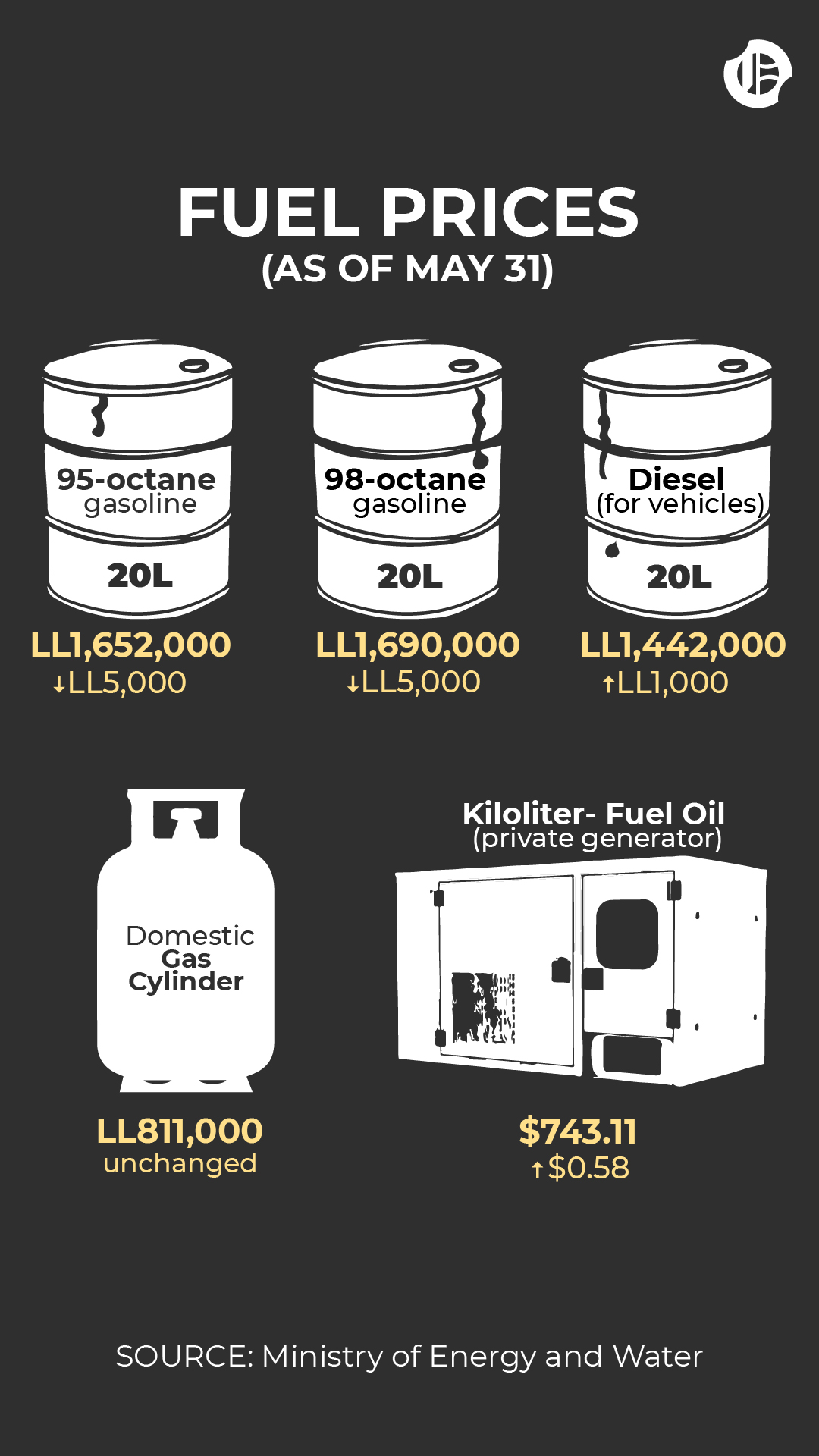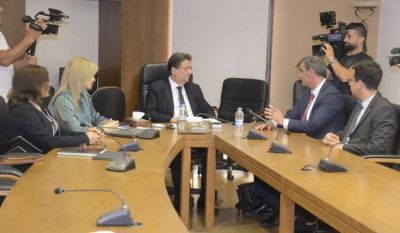
Buildings in Mar Mikhael, Beirut. Credit: Sandrine Frem and Pao Ibrahim
- Lebanon's caretaker public works and transportation minister, Ali Hamiyeh, introduced a new official fare structure on Thursday for public transportation services, including taxis, service (taxi carpools), minivans and buses. The new fares reflect increased rates and most are effective immediately.
During a meeting with public transportation unions, represented by Bassam Tleiss, President of the Syndicates of Drivers and Land Transport Workers in Lebanon, it was decided that a taxi ride in Beirut will now cost LL 600,000 and a shared taxi ride (or service) within the same area will be LL 150,000. Recent reports suggest that the shared taxi service in Beirut had already been priced similarly. Bus and minivan rides in the capital will now officially cost LL 75,000. "These fares were adopted in coordination with all unions," affirmed the minister.
"Before the 2019 crisis, a ride within Beirut was equivalent to $8," said Dani Habsheh, a taxi company owner in the city. The LL 600,000 rate is equivalent to roughly $6.75 at today’s market rate of LL 89,500 to the dollar.
- Caretaker Energy Minister Walid Fayad welcomed on Thursday an offer proposed by TotalEnergies and QatarEnergy to build a solar power plant in Lebanon, according to local media outlets.
Lebanon's caretaker Prime Minister Najib Mikati received a joint letter from the aforementioned companies in April expressing their intent to "produce 100 megawatts of solar power," LBCI reported.
- According to the latest update from the Energy Ministry, gasoline prices in Lebanon saw a slight decrease on Friday while diesel prices went up, also only slightly. The cost of a domestic gas cylinder was stable and fuel prices for generators increased.
Here are the new prices:

Economic analysis of the week
Among the meetings held by the International Monetary Fund (IMF) delegation visiting Lebanon last week, one organized discreetly by five major banks – Bank Audi, Bank Med, BLOM Bank, BLF and Byblos Bank – caused a certain amount of commotion.
The purpose of the meeting was to persuade the banks to accept the latest version of the government's plan to restructure the banking sector, which involves a commitment to return $100,000 to each depositor under certain conditions. Read Mounir Younes’ article for more info about the meeting:

